The Allure of "Jewelry" in the United States: Exploring the Spelling Preference and Its Significance
Related Articles: The Allure of "Jewelry" in the United States: Exploring the Spelling Preference and Its Significance
Introduction
In this auspicious occasion, we are delighted to delve into the intriguing topic related to The Allure of "Jewelry" in the United States: Exploring the Spelling Preference and Its Significance. Let’s weave interesting information and offer fresh perspectives to the readers.
Table of Content
The Allure of "Jewelry" in the United States: Exploring the Spelling Preference and Its Significance

The English language, renowned for its intricate nuances and variations, often presents challenges in spelling. One such instance is the word "jewelry," which has two distinct spellings: "jewelry" and "jewellery." While both are accepted in various parts of the world, the United States has firmly adopted "jewelry" as its preferred spelling. This article delves into the history, reasons, and implications of this linguistic preference, exploring the fascinating world of American English and its unique approach to spelling.
The Historical Context: Tracing the Roots of "Jewelry"
The origins of the word "jewelry" can be traced back to the Middle English period, where it was spelled "jewelrie." This spelling evolved from the Old French word "joielerie," which signified "jewelery" or "jewelry." Over time, the spelling shifted to "jewellery," with the "-ry" suffix becoming the dominant form in British English.
However, the American spelling of "jewelry" emerged in the 18th century, coinciding with the rise of American English as a distinct dialect. This change is attributed to a combination of factors, including a desire for simplicity and a preference for shorter spellings. The "-ry" suffix was deemed unnecessary and redundant, leading to the adoption of "jewelry."
The American Influence: A Preference for Simplicity and Clarity
The American preference for "jewelry" is rooted in a broader linguistic trend towards simplicity and clarity. American English, with its focus on practicality and efficiency, has often opted for shorter, more straightforward spellings. This principle extends to various words, including "color" instead of "colour," "center" instead of "centre," and "favor" instead of "favour."
The American spelling of "jewelry" aligns with this principle, eliminating the redundant "-ry" suffix and creating a more concise and readily pronounceable form. This preference for brevity and clarity is reflected in other aspects of American English, such as the use of fewer contractions and the avoidance of overly complex sentence structures.
The Linguistic Landscape: A Global Perspective on Spelling Variations
While "jewelry" is the standard spelling in the United States, "jewellery" remains the dominant form in many other English-speaking countries, particularly in the United Kingdom, Canada, Australia, and New Zealand. This divergence in spelling reflects the evolution of English as a global language, with different regions developing their own linguistic nuances and preferences.
The spelling variations of "jewelry" and "jewellery" highlight the dynamic nature of language and the interplay of historical, cultural, and linguistic factors in shaping spelling conventions. While both spellings are grammatically correct, the American preference for "jewelry" underscores the distinct character of American English and its influence on the global linguistic landscape.
The Importance of Consistency: Maintaining a Coherent Voice in Writing
The consistent use of "jewelry" in American English is crucial for maintaining a coherent and professional voice in written communication. Using both spellings interchangeably can create confusion and undermine the credibility of the writer. Adhering to the established spelling conventions of a specific dialect ensures clarity, professionalism, and a consistent tone in written work.
The Role of Style Guides: Navigating the Labyrinth of Spelling Rules
For writers and editors, style guides serve as invaluable resources for navigating the complexities of spelling, grammar, and punctuation. The most prominent style guides in the United States, such as the Chicago Manual of Style and the Associated Press Stylebook, consistently recommend the use of "jewelry" for American English.
These guides provide definitive answers to spelling queries, ensuring consistency and accuracy in written materials. Consulting style guides is essential for writers seeking to produce professional and polished work that adheres to accepted spelling conventions.
Beyond Spelling: Exploring the Deeper Meaning of Jewelry
While the spelling of "jewelry" may seem like a minor detail, it reflects a broader cultural and historical context. Jewelry, as a symbol of adornment, beauty, and personal expression, has held significant cultural and social meaning throughout history. From ancient civilizations to contemporary societies, jewelry has played a crucial role in shaping identity, status, and cultural values.
The use of "jewelry" in the United States, with its emphasis on simplicity and clarity, resonates with the American spirit of pragmatism and individuality. It reflects a desire to express oneself through adornment while adhering to a clear and concise language.
FAQs: Addressing Common Questions about Jewelry Spelling
Q: Is "jewelry" or "jewellery" the correct spelling?
A: Both "jewelry" and "jewellery" are grammatically correct, but "jewelry" is the standard spelling in American English.
Q: When should I use "jewelry" and when should I use "jewellery"?
A: If you are writing for an American audience or adhering to American English style guidelines, use "jewelry." If you are writing for a British or other Commonwealth audience, use "jewellery."
Q: Is it acceptable to use both spellings in the same document?
A: While it is technically possible to use both spellings, it is generally discouraged for the sake of consistency and clarity.
Q: Why is the spelling of "jewelry" important?
A: Consistency in spelling is essential for maintaining a professional and coherent voice in writing. Using the correct spelling for the intended audience ensures clarity and avoids confusion.
Tips for Consistent Spelling: Ensuring Accuracy and Professionalism
- Consult style guides: Refer to reputable style guides such as the Chicago Manual of Style or the Associated Press Stylebook for definitive answers on spelling conventions.
- Use spell checkers: Utilize spell checkers in your writing software to identify potential spelling errors.
- Proofread carefully: Always proofread your writing thoroughly to ensure accuracy and consistency in spelling.
- Be aware of your audience: Consider the target audience and the appropriate spelling conventions for their region.
Conclusion: Embracing the Nuances of Language
The spelling of "jewelry" in the United States underscores the dynamic nature of language and its evolution across different regions. While "jewellery" remains the preferred spelling in many parts of the world, "jewelry" has become firmly established as the standard form in American English. This preference for simplicity and clarity reflects the distinct character of American English and its influence on the global linguistic landscape.
Understanding the historical context, cultural significance, and linguistic nuances of spelling variations is crucial for effective communication and a deeper appreciation of the complexities of language. By embracing the nuances of language and adhering to established spelling conventions, writers can ensure clarity, professionalism, and a consistent voice in their written work.
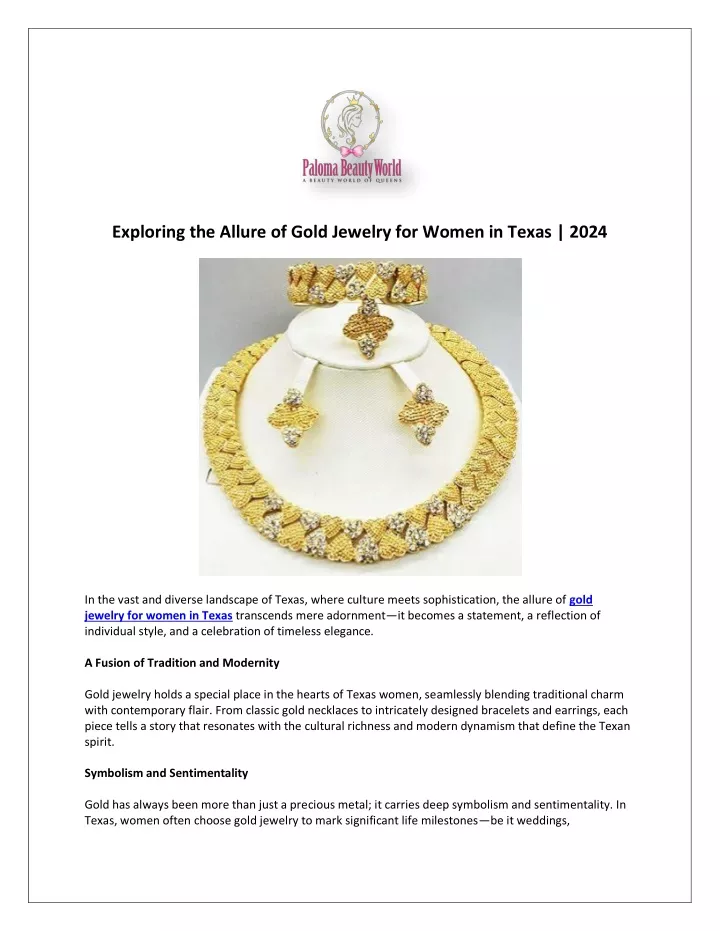

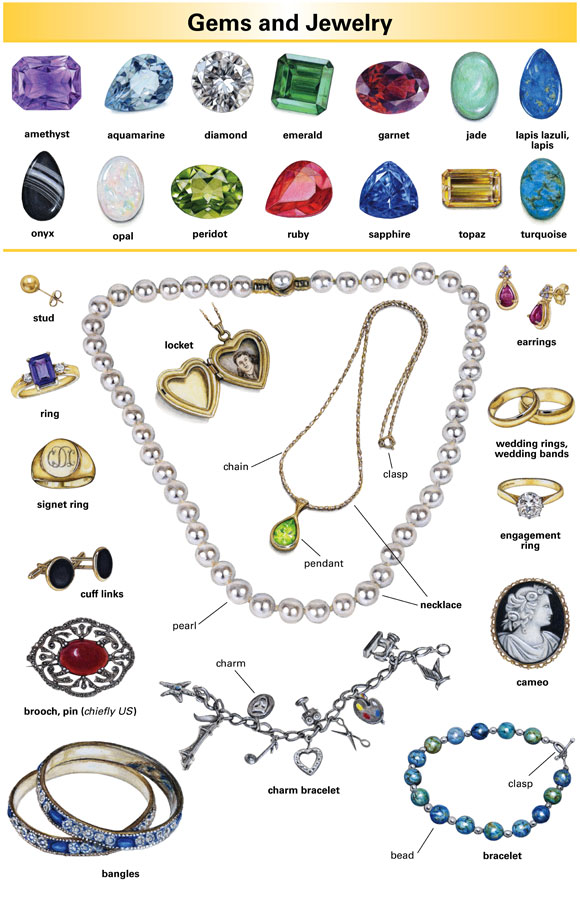

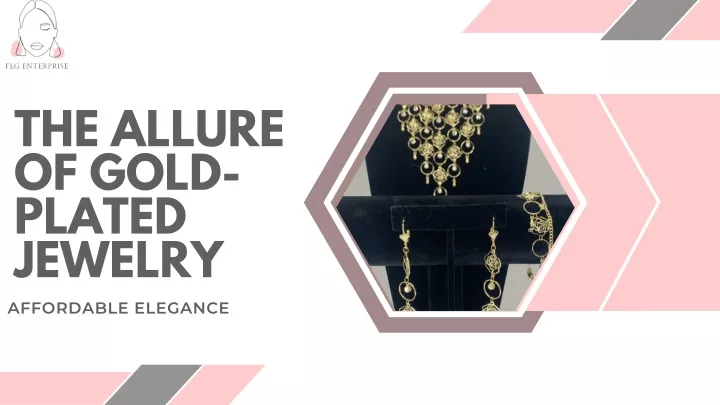

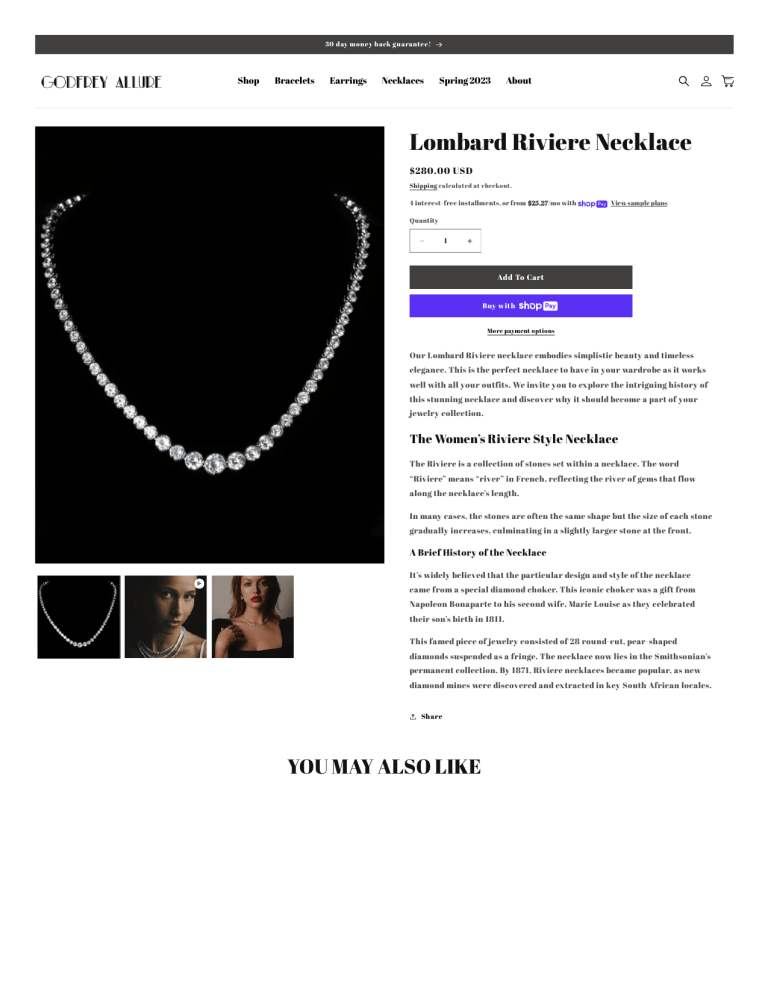
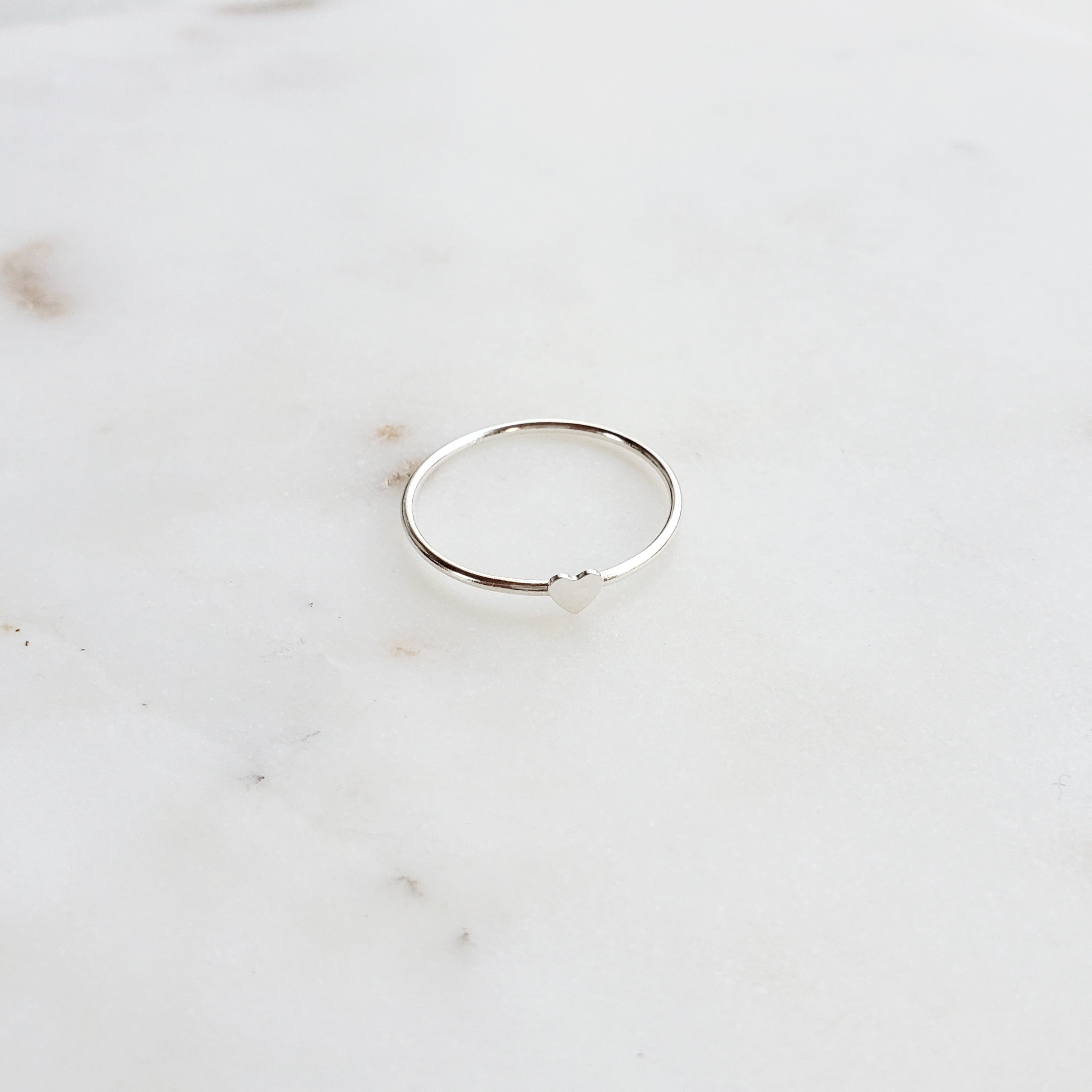
Closure
Thus, we hope this article has provided valuable insights into The Allure of "Jewelry" in the United States: Exploring the Spelling Preference and Its Significance. We appreciate your attention to our article. See you in our next article!